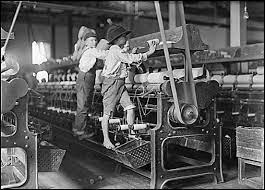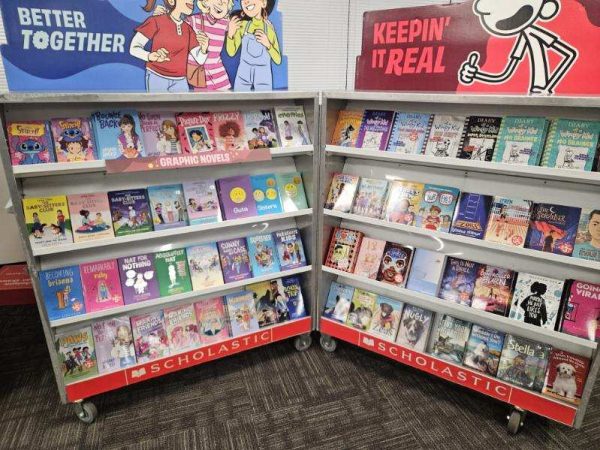A Quick History Lesson About Labor Day

For many students and teachers around the nation, the first Monday of September is recognized as the marvelous extra day-off from school. Monday, typically the least popular day of the week, has now become a cherished time to kick-back and relax. However, this blessing of a holiday was surprisingly not made in the intention to have students a three-day-weekend, but rather a day to pay tribute to the social and economic contributions and achievements of American workers.

Created in the labor movement in the late 19th century-accordingly during the height of the Industrial Revolution-Labor Day was made in accordance to the average working-class American at the time-including children at the young age of five or six years old-who worked 12-hour days and seven-day weeks in order to eke out a basic living, with the child workers earning only a fraction of the adult compensation. Because of the lack of health awareness and knowledge at the time, along with businesses putting little care into their work environments, people of all ages, typically poor, immigrant workers, “often faced extremely unsafe working conditions, with insufficient access to fresh air, sanitary facilities and breaks” (History.com). However, as time went on during this dismal period in American history, the formation of labor unions were becoming more prominent throughout the country, leading to more people becoming vocal about their lackluster working conditions, even going as far as to organize strikers and rallies to said conditions and urge employers to renegotiate hours and pay.
With the constant pushing of labor unions to reform workers’ lives, the Labor Day was unofficially formed on September 5, 1882 in which 10,000 workers took unpaid time off to march from City Hall to Union Square in New York City. The idea caught on amongst workers all around the country, slowly becoming a legal holiday.

Though Labor Day may not have the same recognition anymore as it did in the late 1800s, there’s nothing wrong-if not, encouraged-to understand the holiday’s origins. Fortunately, working conditions have improved, and because of the rise of social media, people are encouraged to strive for healthier working environments and not settle for less. What made Labor Day become an official and successful holiday at the time for the working class was because citizens realized that no matter the field or expertise differences they may have with one another, all the working class members had similar struggles within their work environment and used those similarities to form a bond that would change history. Going forward, instead of comparing productivity based on rewards, we should all understand that each of us put in a lot of time and effort into what we need to do, be it academics or extracurriculars. Hard work is a uniform concept, and everyone has different work ethics that they use, which makes comparing work ethics with each other not plausible because of the difference of their benefits. At the end of the day, as long as you put in the work and dedication, you are sure to reap the fruits of your labor.
Citations









